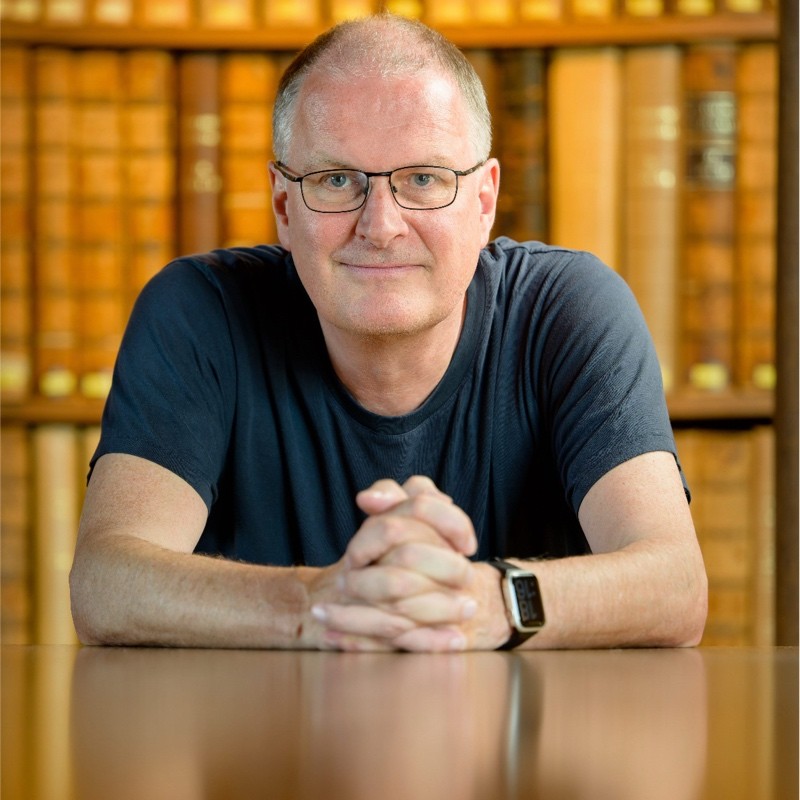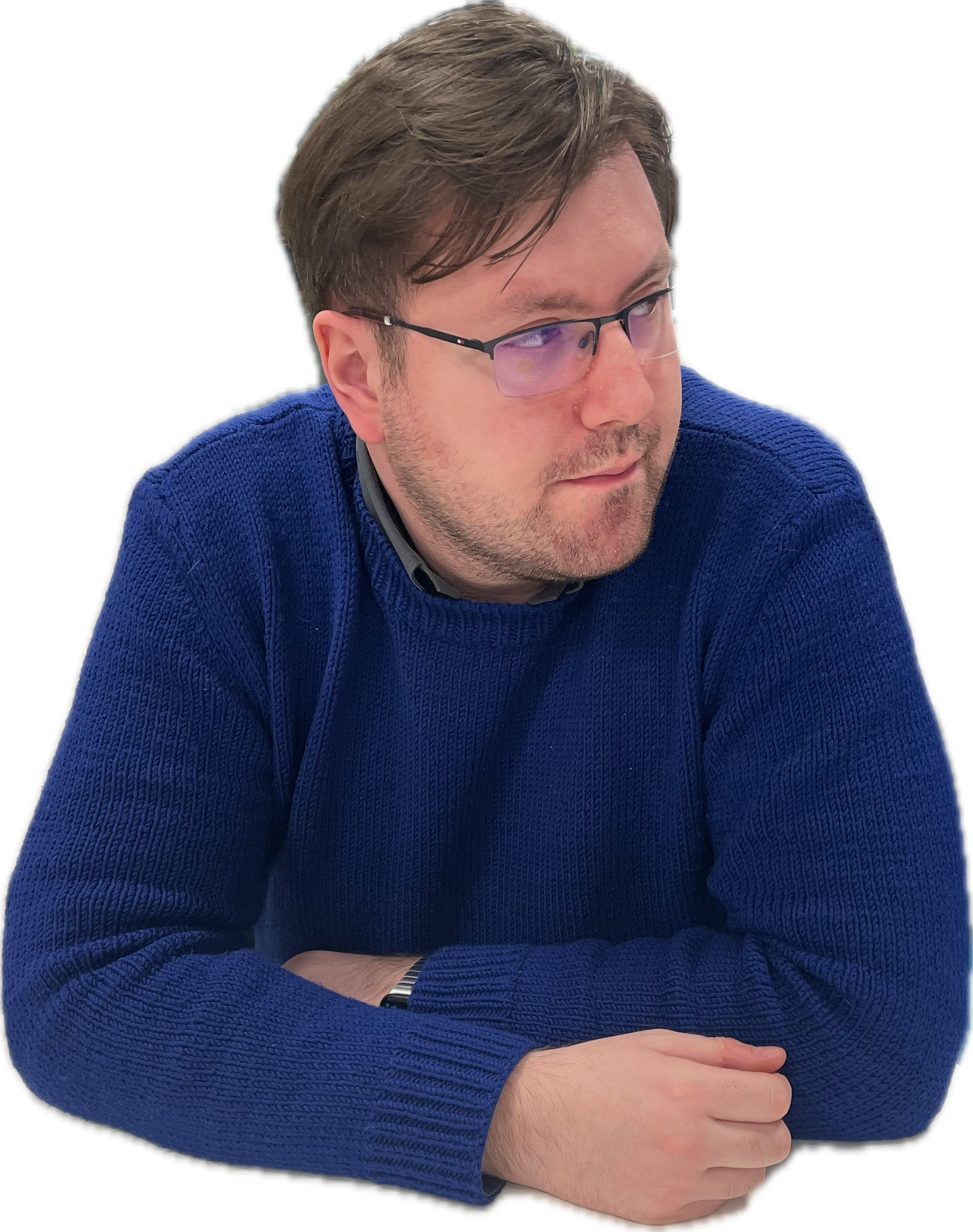Program
PROGRAM (subject to change)
Wednesday 27 August 2025
09:30 Start of registration
9:45 – 10:00 Opening: Welcome and Agenda
10:00 – 11:00 Session 1: Time and Events (Chair: Martin Lange)
- Luca Geatti, Stefano Pessotto, Stefano Tonetta, Safety and Liveness on Finite Words
- Arthur Jansen, Bart Kuijpers, On the complexity of the realisability problem for visit events in trajectory sample databases
11:00 – 11:30 Coffee break
11:30 – 12:30 Session 2: Time and Graphs (Chair: Carlo Combi)
- Curtis Dyreson, Temporal GraphQL: A Tree Grammar Approach
- Mateiu Rares-Ioan, Riccardo Dondi, Alexandru Popa, Heuristics for covering timeline in temporal graphs
12:30 – 14:00 Lunch break
14:00 – 15:00 Invited Talk
- Michael Zakharyaschev, Separation and interpolation problems related to linear temporal logic LTL
15:00 – 15:30 Coffee break
15:30 – 16:30 Session 3: Temporal Automata (Chair: Michael Zakharyaschev)
- Giuseppe De Giacomo, Antonio Di Stasio, Gianmarco Parretti, PDDL to DFA: A Symbolic Transformation for Effective Reasoning
- Florian Bruse, Higher-Order Timed Automata and Tail Recursion
16:30 – 17:30 Session 4: Temporal Modelling Across Domains (Chair: Carlo Combi)
- Xiaojin Li, Yan Huang, Rashmie Abeysinghe, Zenan Sun, Hongyu Chen, Pengze Li, Xing He, Shiqiang Tao, Cui Tao, Jiang Bian, Licong Cui, Guo-Qiang Zhang, Temporal ensemble logic for integrative representation of the entirety of clinical trials
- Alexander Williams, Gregor Meehan, Stefan Lattner, Johan Pauwels, Mathieu Barthet, Temporal Considerations in DJ Mix Information Retrieval and Generation
19:30 Welcome Reception
- St Stephens Tavern, location on Google Maps
Thursday 28 August 2025
09:30 – 10:30 Invited Tutorial
- Nicola Gigante, An introduction to first-order linear temporal logic
10:30 – 11:00 Coffee break
11:00 – 12:50 Session 5: Temporal Logics and Uncertainty (Chair: Thierry Vidal)
- Livia Blasi, Luigi Bellomarini, Emanuel Sallinger, Markus Nissl, The Temporal Vadalog System
- Eric Alsmann, Martin Lange, Metric Linear-Time Temporal Logic with Strict First-Time Semantics
- Luke Hunsberger, Roberto Posenato, A Better Algorithm for Converting an STNU into Minimal Dispatchable Form
- Lyris Xu, Luke Dickens, Fabio Aurelio D’Asaro, A Translation of Probabilistic Event Calculus into Markov Decision Processes (short talk)
12:50 – 14:00 Lunch break
14:00 – 15:10 Session 6: Spatio-temporal Reasoning (Chair: Florian Bruse)
- Arthur Jansen, Bart Kuijpers, Solutions to the generalised alibi query in moving object databases
- Arthur Jansen, Bart Kuijpers, Visit probability in space-time prisms for moving object data (short talk)
- Nassim Belmecheri, QualiNet: Acquiring Bird’s Eye View Qualitative Spatial Representation from 2D Images in Automated Vehicle Perception (short talk)
17:20 Guided Tour
- Royal Museum at the Greenwich Observatory, location on Google Maps
19:30 Conference Dinner
- Bill’s Greenwich Restaurant, location on Google Maps
Friday 29 August 2025
10:00 – 11:00 Invited Talk
- Michael Wooldridge, From Synthesis to Rational Verification
11:00 – 11:30 Coffee break
11:30 – 12:20 Session 7: Temporal Learning (Chair: Angelo Montanari)
- Mark Chevallier, Filip Smola, Richard Schmoetten, Jacques D. Fleuriot, GradSTL: Comprehensive Signal Temporal Logic for Neurosymbolic Reasoning and Learning
- Mauro Milella, Giovanni Pagliarini, Guido Sciavicco, Ionel Eduard Stan, Temporal Association Rules from Motifs (short talk)
12:20 – 14:00 Lunch break
14:00 – 14:50 Session 8: LLMs for Temporal Reasoning (Chair: Nicola Gigante)
- Pietro Bellodi, Pietro Casavecchia, Alberto Paparella, Guido Sciavicco, Ionel Eduard Stan, Assessing The (In)Ability of LLMs To Reason in Interval Temporal Logic
- Andreas Kouvaras, Periklis Mantenoglou, Alexander Artikis, Large Language Models for the Run-Time Event Calculus (short talk)
14:50-15:00 Closing Remarks
19:30 Evening Option (arrange individually)
- BBC Proms concert in Royal Albert Hall: M. Sutherland, Tchaikovsky, Dvořák, location on Google Maps
Keynote Talks
- “From Synthesis to Rational Verification” by Michael Wooldridge, University of Oxford, UK

Michael Wooldridge is a Professor of Computer Science at the University of Oxford. His main research interests is in multi-agent systems, and in particular, in the computational theory aspects of rational action in systems composed of multiple self-interested agents. His work is characterised by the use of techniques from computational logic, game theory, and social choice theory.
- “Separation and interpolation problems related to linear temporal logic LTL” by Michael Zakharyaschev, Birkbeck, University of London, UK

Michael Zakharyaschev is a Professor of Computer Science in the School of Computer Science and Information Systems at Birkbeck College, University of London. His current research interests include mathematical and computational aspects of knowledge representation and reasoning using modal, temporal, description, spatial, metric, intuitionistic, etc., logics as well as those logics per se.
Invited Tutorial
- “An introduction to first-order linear temporal logic” by Nicola Gigante, Free University of Bozen-Bolzano, Italy
Abstract: Linear temporal logic (LTL), most commonly defined as a propositional modal logic, is the de-facto standard language for specifying temporal properties of systems in formal verification, artificial intelligence, and other fields. First-order linear temporal logic (FO-LTL) lifts LTL to the setting of first-order logic, obtaining a remarkably flexible and expressive formalism. First-order modal and temporal logics have a long history, but recent years have seen a rise of interest in (well-behaved fragments of) FO-LTL for the specification of complex infinite-state systems. This tutorial is a gentle introduction to the field of first-order temporal logics, starting from classic results and exploring recent directions.

Nicola is a Researcher at the Free University of Bozen-Bolzano, Italy. He works on temporal reasoning in the broadest sense, including satisfiability of temporal logics with tableau- and SAT-based techniques, reactive synthesis, and temporal planning. He is currently investigating the use of (fragments of) first-order temporal logics to the specification of infinite-state systems.